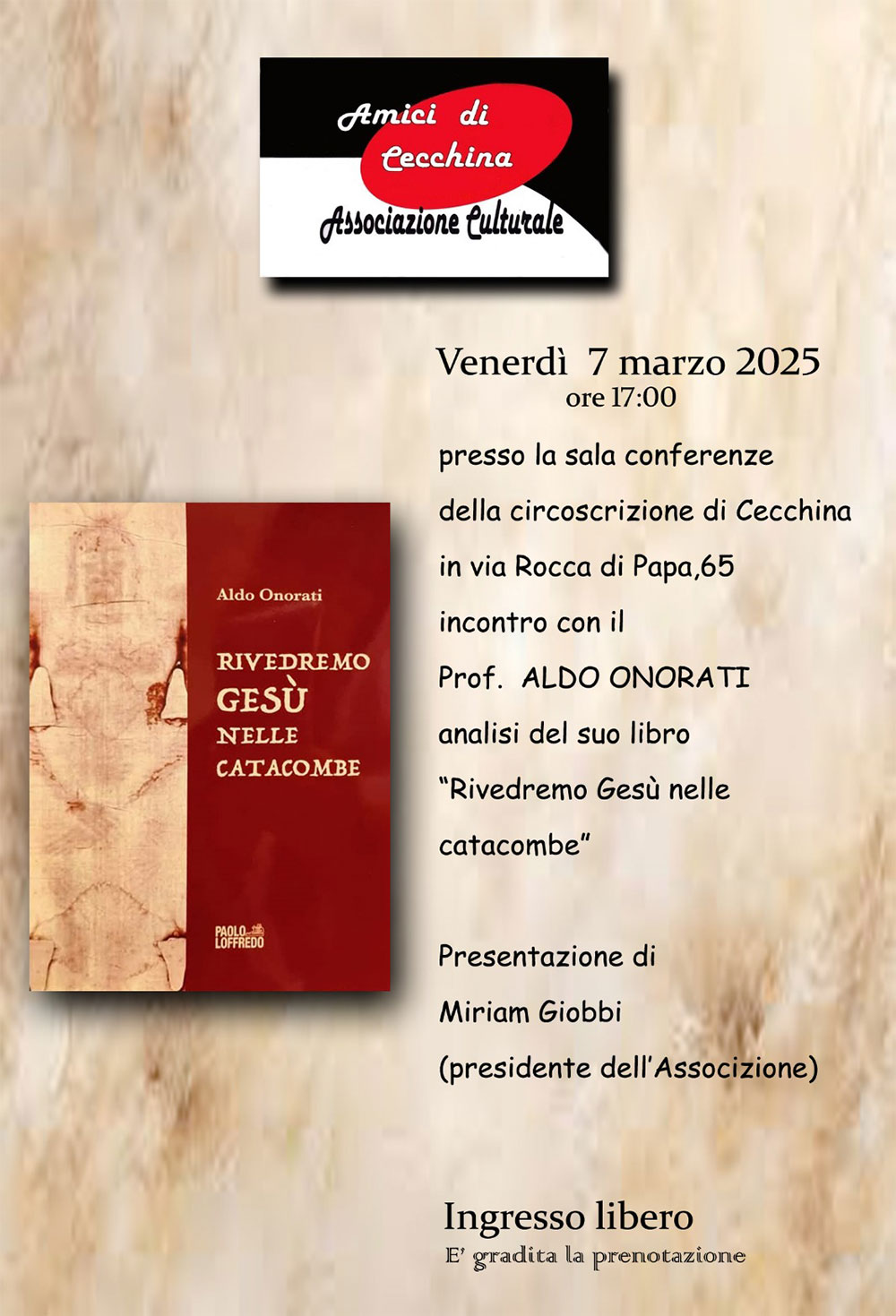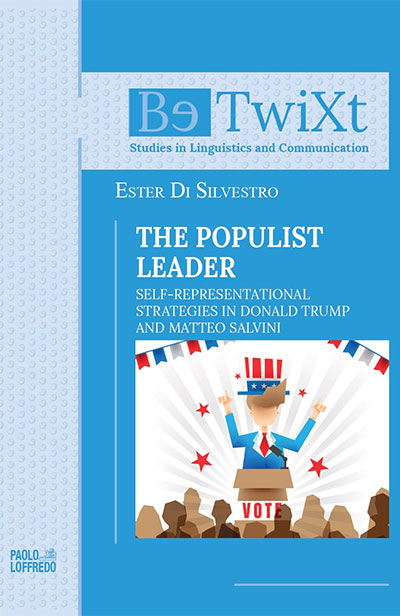 Paolo Loffredo, sixth generation of a large family of publishers and booksellers engaged in the production and distribution of books since the late nineteenth century, creates in 2012 the new editorial company Paolo Loffredo Editore. The historical site was until the '80s in the heart of the historic centre of Naples in Via San Biagio dei Librai, lower Decumano and also known as the SpaccaNapoli.
Paolo Loffredo, sixth generation of a large family of publishers and booksellers engaged in the production and distribution of books since the late nineteenth century, creates in 2012 the new editorial company Paolo Loffredo Editore. The historical site was until the '80s in the heart of the historic centre of Naples in Via San Biagio dei Librai, lower Decumano and also known as the SpaccaNapoli.
At the beginning of the twentieth century, Giuseppe Loffredo decided to add book selling to the book production, which definitively imposed itself after World War II with the publication of manuals for the University and for the School that succeeded in establishing themselves soon throughout Italy.
LAST EVENT
"Rivedremo Gesù nelle catacombe"
07 Marzo 2025 - Sala Conferenze circoscrizione di Cecchina - via Rocca di Papa 65, Albano Laziale (RM) - ore 17,00

THE POPULIST LEADER
ISSN: 2611-1349
Language: English
Publisher : Paolo Loffredo Editore Srl

Description
THE POPULIST LEADER
Self-Representational Strategies in Donald Trump and Matteo Salvini
This volume focuses on the self-representational strategies used by Donald Trump and Matteo Salvini in their right populist discourses. Looking at the recent revival of (right) populism worldwide, it is crucial to address why and how this is happening. The author’s main idea is to identify the most common discursive strategies that contribute to these leaders’ successfulness by revealing similarities and differences, while also investigating a possible evolution of populist discourse as both tweets and traditional speeches are analysed.
This book provides a comparative analysis carried out combining Critical Discourse Analysis (Machin and Mayr 2023) and Corpus Linguistics (Baker 2006; Partington et al. 2013). The data (tweets and traditional speeches) were retrieved during the last three months of election campaigns and the first seven months in government to examine both discursive strategies related to Trump’s and Salvini’s self-promotion as leaders, as well as those used during their time in government. In order to investigate the self-representation of Donald Trump and Matteo Salvini as populist leaders, foregrounding their political storytelling and design of leadership, the author relies on Charteris-Black’s (2006) model for leadership communication and on Seargeant’s (2020) framework to analyse political storytelling.



